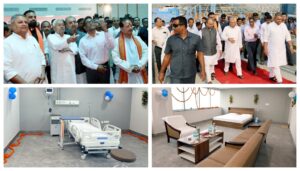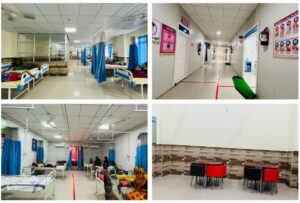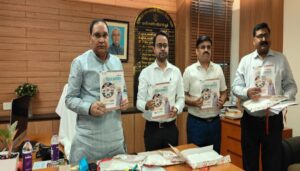One Nation-One Health System Aims for Integrated Medical Care by 2030

Patna: The One Nation-One Health System, an initiative to create an integrated healthcare framework encompassing allopathy, Ayurveda, homeopathy, and Unani medicine, is set to be implemented across the country, including Bihar and Madhya Pradesh, by the year 2030. This ambitious scheme aims to provide patients with access to diverse medical disciplines at a single location, ensuring uniform healthcare delivery.
Dr. Rakesh Pandey, the national spokesperson for the AYUSH Medical Association, highlighted the current landscape of healthcare in India, noting that there are over 69,000 public health facilities across the country, equipped with 1.8 million beds. The nation boasts more than 625,000 registered AYUSH doctors alongside over 1.32 million allopathic practitioners. Dr. Pandey emphasized that the introduction of the One Nation-One Health System could enhance patient recovery rates and improve the doctor-patient ratio.
The World Health Organization is increasingly recognizing Ayurveda and AYUSH systems, supporting their research and integration into mainstream healthcare. Dr. Pandey stated that the implementation of this system would elevate the significance of all medical disciplines, including allopathy and Ayurveda, and facilitate the recruitment of new doctors. This, in turn, would lead to a qualitative improvement in the ratio of healthcare professionals to the general population.
The National Commission for Indian System of Medicine (NCISM) is also committed to making Ayurveda more accessible to the public. With the rollout of the One Nation-One Health System, the initiative is expected to transform healthcare delivery, making it more inclusive and efficient for patients nationwide.








